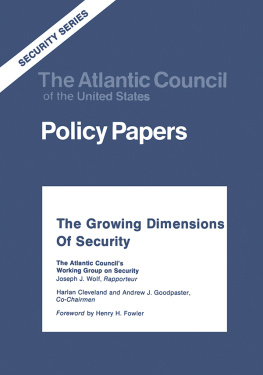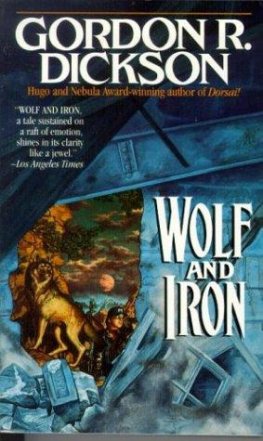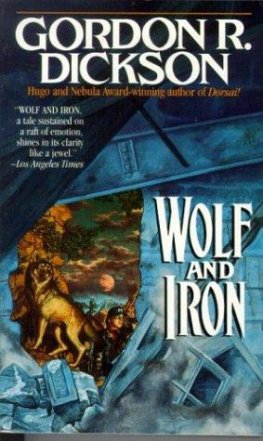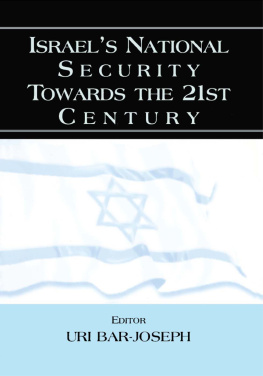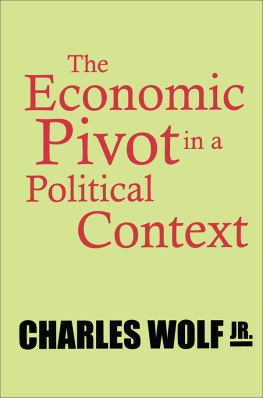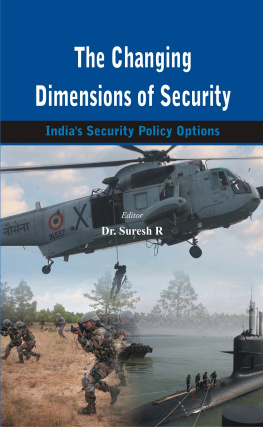The Atlantic Council of the United States was founded sixteen years ago in the commonly held conviction of its Board of Directors then and now that the nations of the North Atlantic area are part of a true Community of freedom and share a common civilization, and that the nations in this Community are dependent upon each other for the preservation of their freedom and their fundamental values.
The principal purpose of the Council is to contribute to the security and strength of the United States and its fellow members in the Atlantic Community. It seeks to do so by working for a collective effort of the Atlantic nations and other industrialized democracies, making and keeping these efforts adequate to meet the contemporary political, military, economic and social challenges that confront them. In recent years it has become increasingly clear that these challenges can be surmounted only by increased collective effort of the Atlantic nations and other industrialized democracies.
With these convictions and this purpose in mind, the Atlantic Council of the United States initiated a series of studies in June 1974. These studies resulted in a number of policy papers dealing with various aspects of achieving adequate collective and cooperative efforts to deal with key contemporary problems of a transnational nature. These policy papers include:
1. An interim report entitled Beyond Diplomacy (May 1975) addressed to the improvement and effective functioning of certain key intergovernmental organizations in which the Atlantic nations are involved;
2. GATT Plus: A Proposal for Trade Reform (July 1975);
3. The International Monetary System: Progress and Prospects (April 1977).
4. Harmonizing Economic Policy: Summit Meetings and Collective Leadership (April 1977);
5. The Future of the UN; A Strategy for Like-Minded Nations (May 1977); and
6. The U.S. and the Developing Countries (October 1977), concerned with the arrangements for collaboration with other developed countries in meeting Third World development requirements.
The state of the security of the Atlantic nations, the North Atlantic Treaty Organization, and related efforts to maintain peace and security with freedom is bound to have a high priority in any examination such as described above. There must be a deep and continuing concern with security and freedom for democratic societies, private institutions and individualsespecially when we find ourselves in a nuclear age and on the same planet with a communist totalitarianism, addicted to the use of military strength or the threat of it to extend its base from the Soviet Union.
Accordingly, a Working Group composed of eminent and experienced persons with a considerable background in this field was constituted under the chairmanship of Ambassador Harlan Cleveland and General Andrew J. Goodpaster to undertake an intensive examination of the dimensions and nature of present and future security for the Atlantic Alliance. This report is the fruit of much deliberation and many exchanges over the last two years.
True peace is much more than the absence of war. Yet in the nuclear age the first and paramount essential is to assure the absence of nuclear war.
We and our allies must take the measures necessary to deter armed aggression. Only if it is successfully deterred can we improve the foundation of security and a world society by bettering our relation with all nations and peoples, while supporting the peaceful evolution of individual freedom and opportunity.
The nations of the Atlantic Community can provide the leadership for these efforts. In the realm of defense, it is fundamental that the security measures initiated at the NATO Summit and Defense Ministers meeting in the spring of 1977 be translated into reality if the trend toward Soviet superiority is to be checked. In all other respectsin terms of political, economic, social, moral and cultural affairs, the Atlantic nations provide a source of strength and influence which can and should play a major role in support of constructive change and growth throughout the world.
The closest consultation among the allies, whether bilaterally, in the North Atlantic Council, the OECD, or other appropriate forum, is going to be necessary to minimize differences and maximize effectiveness.
In the intimately related fields of East-West relations, defense and arms control, effective consultation and consensus continue to be essential for the unity of the Alliance.
The problems of the future are manifold. Equally manifold are the opportunities to strengthen security for nations and for individuals everywhere. With dedication, those goals can be achieved.
HENRY H. FOWLER |
Washington, D.C. | Chairman |
November, 1977 | The Atlantic Council of the United States |
NATO is Part of the World
The future of NATO in the changing context of world security has been for two years the subject of a continuing study by the Atlantic Councils Working Group on Security.
The study began not long after the final debacle of US efforts in Vietnam, in the Spring of 1975the conclusion of a long ordeal which has shaken American self-confidence and raised serious questions in the West about US judgment, or strength, or willand in some quarters about all three.
Before the end of 1975, American political circles began to reverberate with arguments about the scope and significance of the persistent Soviet military buildup and the spread of its naval forces. Events and stresses outside the NATO areaArab use of the oil weapon, the proliferation of nuclear programs and conventional arms sales, the confrontation in Angola and turbulence elsewhere in Southern Africa, the question marks about Chinaseemed increasingly to be changing the older relationships, between the superpowers and among the Atlantic and Pacific allies. The crossword puzzle of detente policywhether East-West trade and technology transfers were contributing to Western security, whether detente would restrain Soviet actions in North-South relationsadded uncertainty and uneasiness in Alliance policy-making and US public debate.
Those who feared the portents for Western security and those who felt the military threat should be rated lower in the priority scale could agree that it was high time to take a fresh look at NATOs role and sense of direction.
The Security Working Group has met a dozen times and considered these issues at length. Its members (who are listed inside the back cover of this policy paper) represent a very broad range of experience and responsibility; no pale consensus could reflect the rich variety of judgments and policy instincts reflected in our discussions. But our differing shades of opinion on US-Soviet relations and the priority to be assigned to issues arising outside the Atlantic defense area do not seem to carry over into policies for the maintenance and strengthening of the North Atlantic Alliance itself. All members of the Working Group come together in a reaffirmation of the need for NATO as a primary building-block of American foreign policy for as far as we can see into the future.
The governing principles of the Atlantic Allianceto consult togther, plan together, organize together, and act togetherare common ground among us and had better be common ground among all the peoples of the Atlantic Community. The people as well as the governments of NATO are still called to make a large effort, together, to protect and promote their collective security. But our review makes clear that if we act purposefully and intelligently, we can continue to secure the blessings of our solidarity well into the coming decades.


